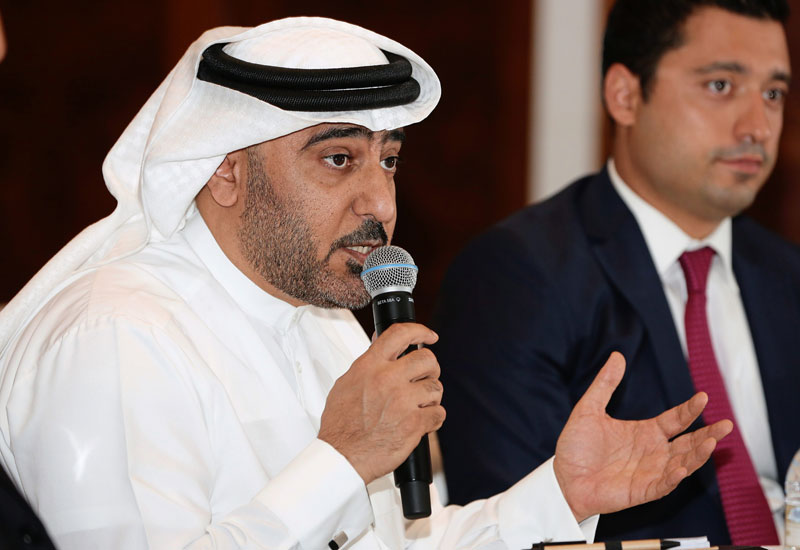Allen agreed, and said: “It will establish a marketplace where there is an opportunity for corporations to reduce their costs, and use the right property that is suitable for business travel. Every accredited property is personally inspected by our network of accreditors.”
ACTE Global BCHA director of international development Jane Belenkaya added: “There is an opportunity for the programme in this [Middle East] market as well because Dubai is the hub for all emerging markets in the Gulf, for countries like Bahrain, Oman and Africa. It is therefore important to have a range of hotels that might be unbranded but are better priced, to offer opportunities to business travellers.”
However, not everyone in the industry is convinced. Takeer’s Al Marzouqi feels that while the accreditation will open doors and create a bridge, it is not enough to guarantee employees’ safety and comfort, and hence acceptance. “I will never take a risk for my employees. I need to see the hotel, check out the area, management and facilities before I can trust the hotel. It [accreditation] is helpful but it is not the end. It is a starting point.”

| Advertisement |
A representative of an established hotel group, which requested anonymity, said: “I’m not certain if it will be beneficial for large brands, but for small to mid-sized standalone hotels it is an opportunity.”
Reaching out to uncharted territories and finding hotel options in remote areas is a definite plus, and a USP that will boost the programme. However, ACTE doesn’t plan to restrict itself geographically. Following Russia, the programme will be rolled out throughout Africa, Asia and Latin America to the Middle East. Europe is also on the cards.
ACTE Global BCHA CEO Vadim Zelenski said: “Europe is an established market; 80% of its hotels are independent, while in the USA, it is quite the opposite. So whichever market has a large number of independent hotels with the need to sell better to corporates, for a better marketing positioning, and to be recognised as a corporate hotel, we will go there and help them do it.”
Belenkaya understands that establishing a programme of this stature in a competitive market like hospitality will have its challenges. He commented: “It won’t be an easy ride but we believe there is a huge opportunity; there are areas where there are no brands, or those that are are extremely expensive — like Dubai. Accredited hotels will allow cost saving and will make sure that business travellers are safe and their requirements are met.”
Establishing a network of accreditors is another challenge, along with creating awareness and acceptance of the programme. Belenkaya admits that “it is an educational process and will involve a lot of conferences, talking to corporate buyers, and surveys to find out what corporate travellers need”.
It is premature to ascertain the programme’s success or failure. However, it does offer more options to corporate travel managers who need hotels in remote areas or to curtail costs. Allen concluded: “It seems to be a no-brainer, but ultimately the market will tell us if it is right for it or not.”









 Search our database of more than 2,700 industry companies
Search our database of more than 2,700 industry companies









